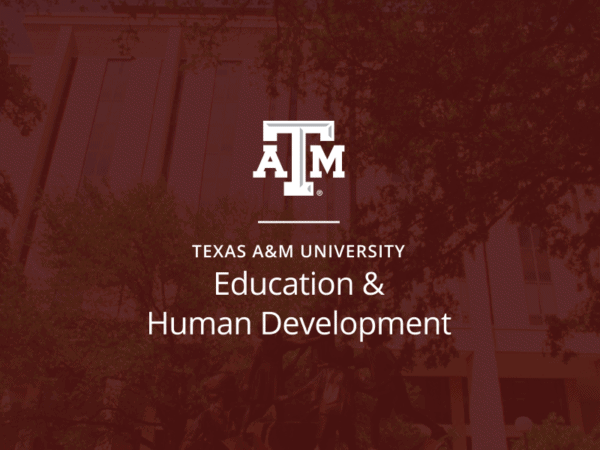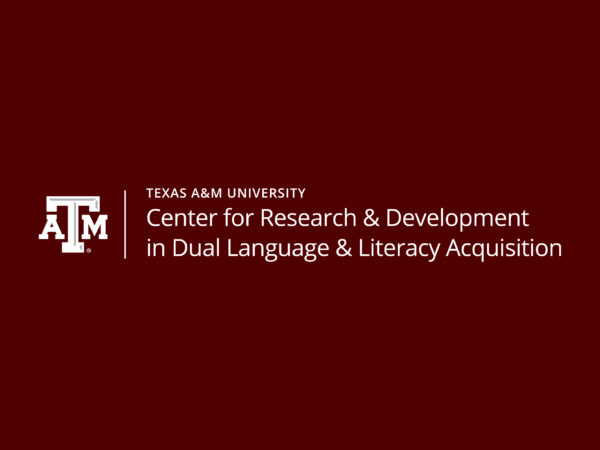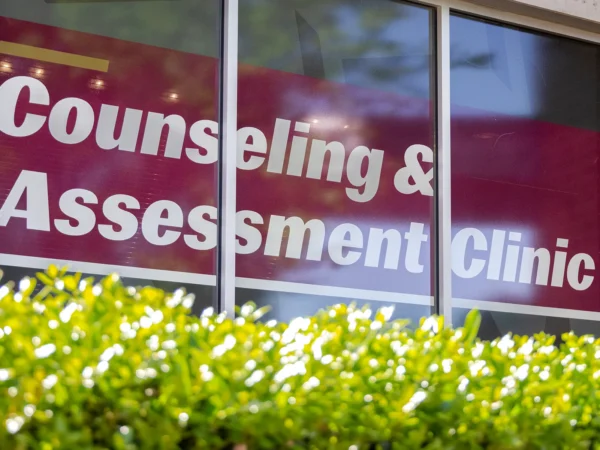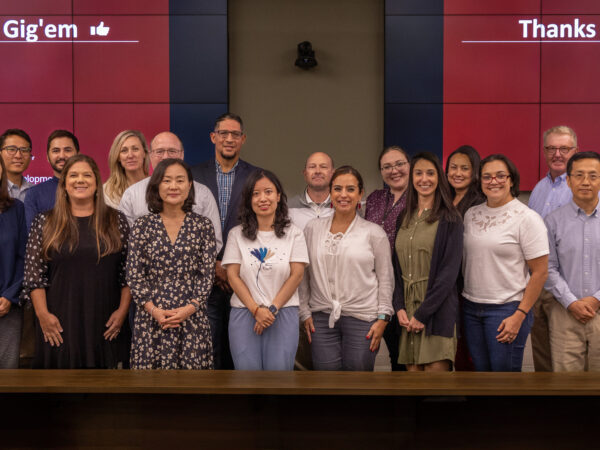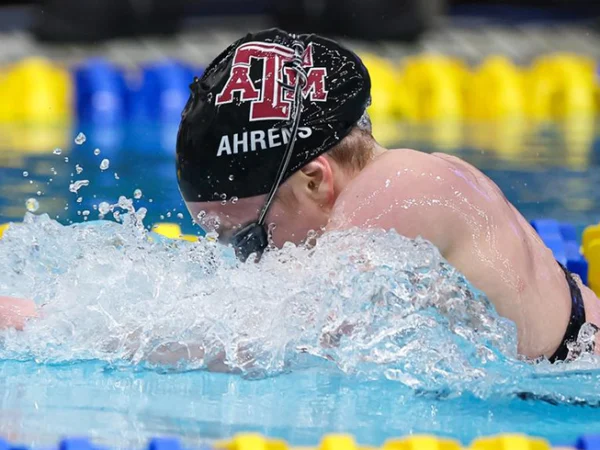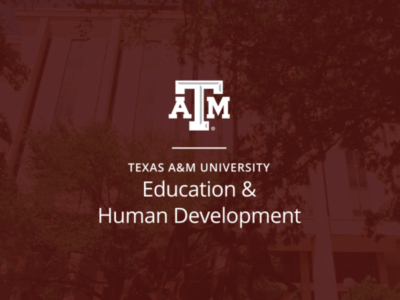Keeping Parents Involved And Teachers Engaged
According to the National Center for Education Statistics, the number of English learners in K-12 schools increased by more than 165,000 over the last 10 years. By next year, it is predicted that one of every four students will be Hispanic.
As school districts across Texas seek to respond to growing changes in their communities, they are also facing concerns when it comes to communication between parents and teachers.
One of those concerns came from a school district in North Texas. Administrators contacted Dr. Hector Rivera, associate professor of bilingual education, to investigate why many parents did not want their children participating in bilingual education.
Rivera and his research team began collecting feedback to better understand different perspectives involved, including parents, teachers and school leaders. They wanted to find out how each of the groups impacted students’ academic achievement, specifically for Hispanic English learners.
“Classrooms are global in regards to the make-up of their students and families that they serve. This calls for practices that support diverse learners and this research serves to shed light into how we move forward to support students and parents,” explained Rivera.
PARENTAL INVOLVEMENT
Rivera’s research found parental involvement at the district was minimal. This is consistent with prior research showing parents from different ethnic backgrounds hold different educational values or views on what it means to be engaged. Hispanic parents see teachers as authorities on their children’s education and expect the teacher to take charge of communication about their children. For example, in some cultures it is not appropriate for parents to begin communication unless the teacher and school have invited them to participate.
However, according to Rivera, this cultural mismatch may be negatively impacting children’s learning because the expectations for children’s academic success also require parental engagement. Results from his study found parental involvement plays a significant role in academics as parents play a role at home through their socio-emotional support.
“It is believed that higher levels of Hispanic parents’ involvement in their children’s school activities and programs will more positively influence their children’s academic performance and educational attitudes. It is important that schools and teachers express to Hispanic parents the importance of their participation in the school and classroom. It is also important that positive educational dialogues start and be fostered in the home.”
Rivera knows it is not a lack of desire to support children, but a question of how to support them. In many cases, Hispanic parents lack the language to mediate and advocate for their children. In other cases, they lack the resources.
“Our research seeks to support and recommend capacity-building activities to assist parents in order to play a role at home in the academic area, as well as for them to support their children in their socio-emotional development,” said Rivera.
He encourages Hispanic parents actively and positively communicate with schools and teachers regarding their children’s behavior at home. He recommends parents use resources provided by teachers and schools to help their children keep pace with their peers.
According to Rivera, parental involvement alone is not the answer. Educators need to think about ways to improve parental engagement. The more a parent knows about the school and the bilingual program, the more likely they are to understand the program and benefits for their children.
TEACHER ENGAGEMENT
Research shows teachers who are empowered to design their teaching and learning goals based on their students’ learning differences and a deeper understanding of their children’s cultures have a stronger and more positive impact on students’ academic performance than teachers who are only participating in traditional professional development.
“In many cases, in professional development trainings, teachers learn that we need to differentiate instruction in order to reach all of our students in the classroom. However, the professional development of teachers is not differentiated in order to account for the classroom diversity,” said Rivera.
While Rivera expected to find professional development a strong component for students’ academic achievement, that was not the case. He found traditional professional development alone is not enough. In order to be more impactful, professional development must also be connected with parental engagement so educators can also learn more about the culture of the students through the parents.
For Rivera, it is important that teachers adapt what they learn in professional development if they hope to have a positive impact on Hispanic English learners.
According to the study, Hispanic ELs often confront two major challenges: language proficiency and lack of resources. Even though teachers’ confidence about instructional skills and decisions for their students may positively influence learning, teachers need to be cautious about how their instructional skills can be applied for low-SES Hispanic ELs’ learning.
Rivera recommends teachers use differentiated instruction for the Hispanic English learners to maximize instruction effectiveness.
“Teachers are strongly encouraged to consider individual Hispanic ELs’ learning needs when developing a differentiated teaching plan. After that, teachers need to implement the plan so as to more positively influence Hispanic ELs’ academic performance.”
FUTURE RESEARCH
Rivera believes findings and evidence-based recommendations made to this single school district can be applied to districts across the country.
“The research assists the district to invest with confidence since these are research-based recommendations that, as shown in this study, when appropriately connected are bound to have an impact in children’s academic development as two of the most important environments are being impacted – the home and the classroom,” Rivera explained.
Rivera admits this research is not the only answer. He knows more needs to be done in the realm of academic achievement for Hispanic English learners.
“As I always tell my graduate students in research methods, our studies may answer two or three questions; but there are always other questions that we need to consider for future research,” he said. “We move forward with optimism knowing that step by step we are responding to the needs in our schools and communities. After all, research is a way of life and not just a way to make a living. We hope to continue to impact society through our work.”
About the Writer
Ashley is the Media Relations Coordinator and responsible for news coverage in the Department of Teaching, Learning and Culture as well as the Department of Educational Psychology.
Articles by AshleyFor media inquiries, contact Ashley Green.
Fundraising
To learn more about how you can assist in fundraising, contact Amy Hurley, Director of Development ahurley@txamfoundation.com or 979-847-9455




